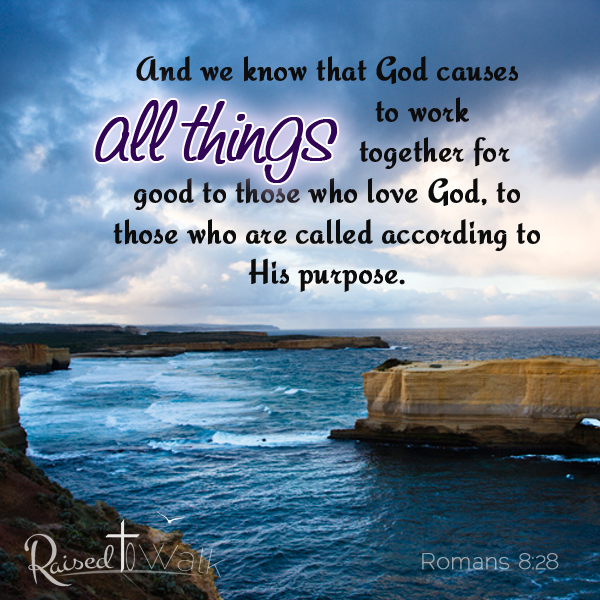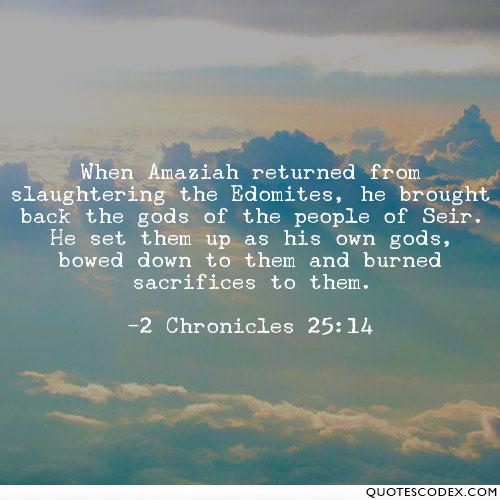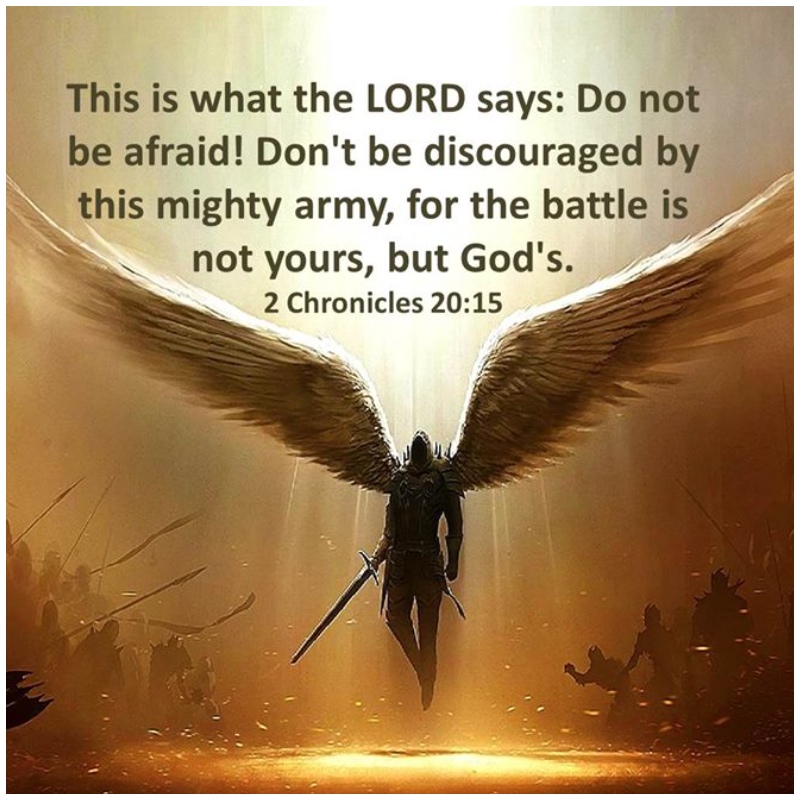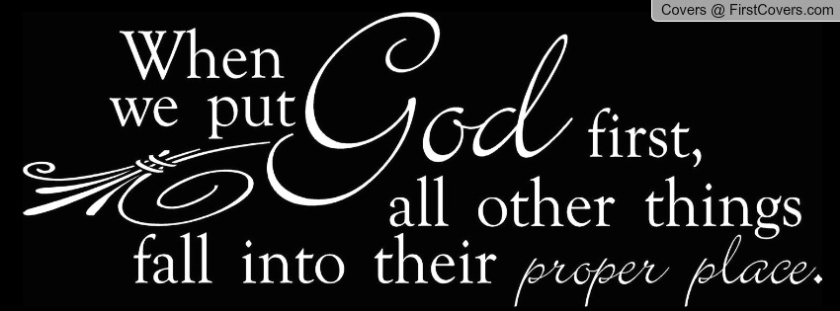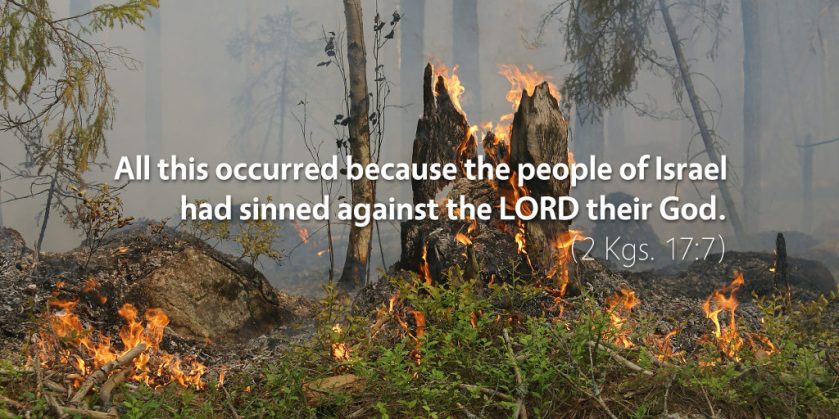
The book of Isaiah holds many judgments against Israel, Judah, and all the nations surrounding them. Page after page contains descriptions of how God will deal with these people, because of the sin that they commit. In the midst of this, there are glimpses of a wondrous hope to come and worship God in his future kingdom. We see the beautiful future that God has prepared for all those who love him despite the brokenness of our current realities.
Isaiah 35 describes this future in a continuation of the prophecy beginning in Isaiah 34. In Isaiah 34, Edom’s eventual punishment and destruction is described: “Edom’s streams will be turned into pitch, her soil into sulfur” (v. 9). In this place, jackals, hyenas, goats, birds of prey, and snakes will gather – all symbols of destruction and brokenness (v. 14-15). The very land has turned bitter and worthless under the consequence of sin. In contrast to this, Isaiah 35 describes the land of the Israelites as a desert that blossoms like a rose (v. 1). In this place, “the eyes of the blind will be opened, and the ears of the deaf unstopped. Then the lame will leap like a deer, and the tongue of the mute will sing for joy, for water will gush in the wilderness and streams in the desert; the parched ground will become a pool of water and the thirsty land springs of water” (v. 5-7). Unlike the land of Edom, in the redeemed land, “There will be no vicious beast, but the redeemed will walk on it” (v. 9). In fact, the places where the vicious beasts resided, like the lairs of jackals, will be turned into a meadow of grass, reeds, and papyrus (v. 7). A road will go through this land called the Holy Way; “the unclean will not travel on it, but it will be for the one who walks the path. Even the fool will not go astray” (v. 8). This path will lead up to the mountain of God where the people will come to worship God.
We live in an incredibly broken world that seems like it is full of vicious beasts and people bent on destroying themselves and others. We can see the consequences of sin in the hurt that is being done so carelessly to everyone, including our most vulnerable. We can rest in the hope that this will not always be the way the world will be. Those that would be overlooked by society and viewed as less than are the very people that God includes in the description of his future kingdom: the blind, deaf, lame, and mute. These are the people who lead the way for praising God’s redemption of the land. We will not always live in these broken times. We can trust that one day streams of water will flow through the desert and the whole world will blossom like a rose. In fact, through the Holy Spirit, we can begin to redeem our time here for God and be his hands and feet in this broken world. How can you bring the living water to those around you?
~ Cayce Fletcher
Today’s Bible passage can be read or listened to on Bible Gateway – Isaiah 35-36.
Tomorrow, we continue reading about the history of Judah and Israel in Isaiah 37-39 & Psalm 76 – as we continue the 2020 Chronological Bible Reading Plan.

